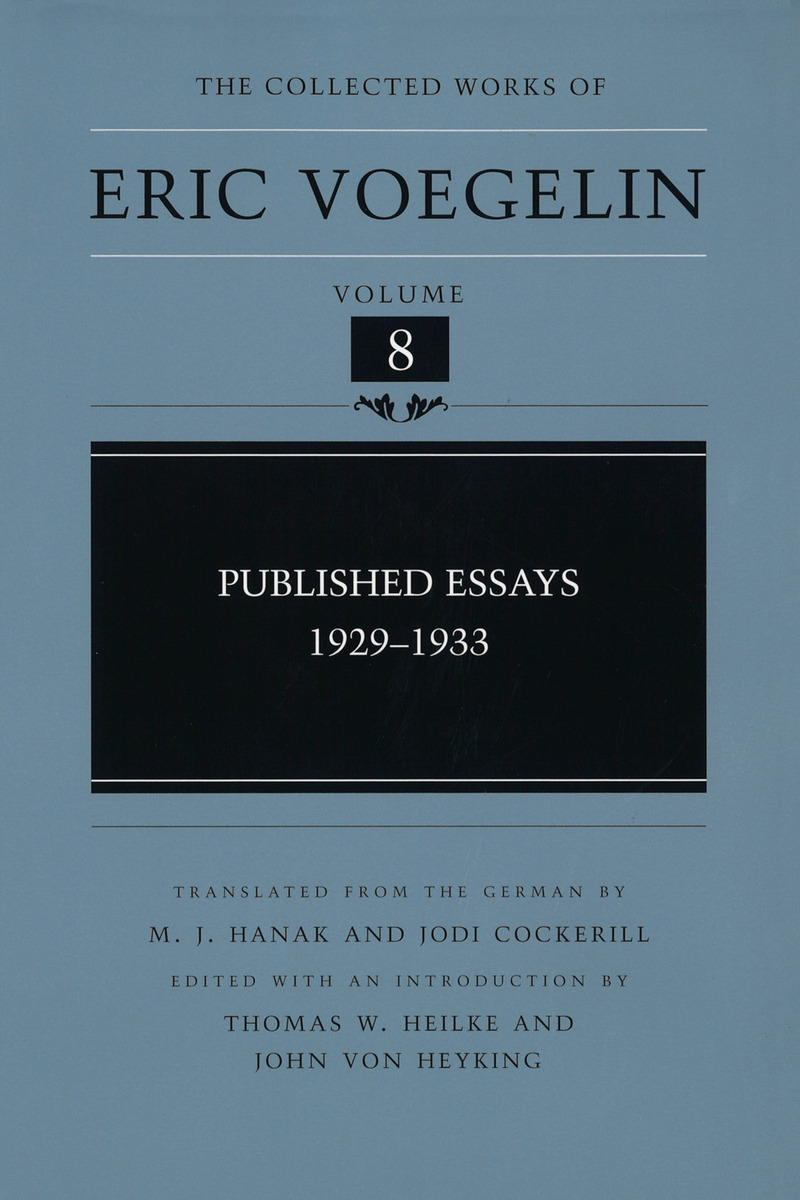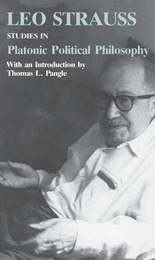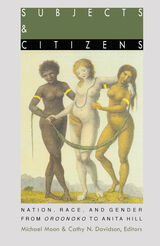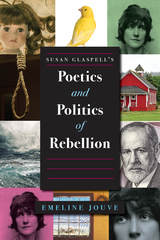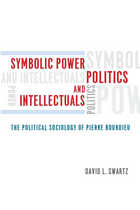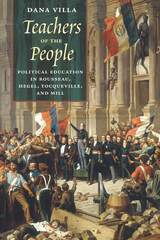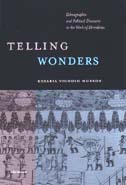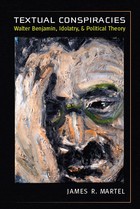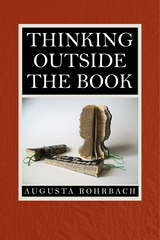eISBN: 978-0-8262-6458-9 | Cloth: 978-0-8262-1482-9
This volume of The Collected Works contains essays published by Eric Voegelin between 1929 and 1933, the period between the publication of his first book, On the Form of the American Mind, and Hitler's rise to power, as well as Voegelin's two books analyzing the explosive race issues posed by National Socialism. The essays herein reflect the intellectual and political tumult of the period and their author's maturing grasp of political reality as he moved away from positivism and Kelsen's "Pure Theory of Law" toward a more refined and open philosophical stance. The heart of this shift is signaled by his emphasis on philosophical anthropology and on the decisive importance of the moral substance basic to political communities.
The topics of the essays are grouped around major themes in sociological theory, political science, and the theory of law. They illuminate the theoretical and practical impact of Voegelin's experiences in America as he increasingly engages European theories of state, especially the social theories of leading French and German scholars. In content, these essays include such pragmatic concerns as American theories of property, economic transactions, due process of law, and Austrian constitutional reforms.
Voegelin also explores the technically complex speculative matters surrounding sovereignty and law, Max Weber's science, and the spiritual form of Europe. He analyzes Kant's understanding of moral duty and the meaning of solidarity as the substance of democratic society. Through these discourses, readers can see how the theme of divine transcendence increasingly finds expression during this crucial early stage of Voegelin's scholarly life. Thus, these studies mark the early path Voegelin took in making his arduous journey from legal scholar to philosophical political scientist. They display his increasingly resolute attention-- against challenges both existential and urgently political--to a growing insight into what it means to be fully human as he struggles toward an eventual philosophy of politics and history sufficient to amplify that noble insight.
See other books on: Heilke, Thomas W. | History & Theory | Published Essays | Voegelin, Eric | von Heyking, John
See other titles from University of Missouri Press
